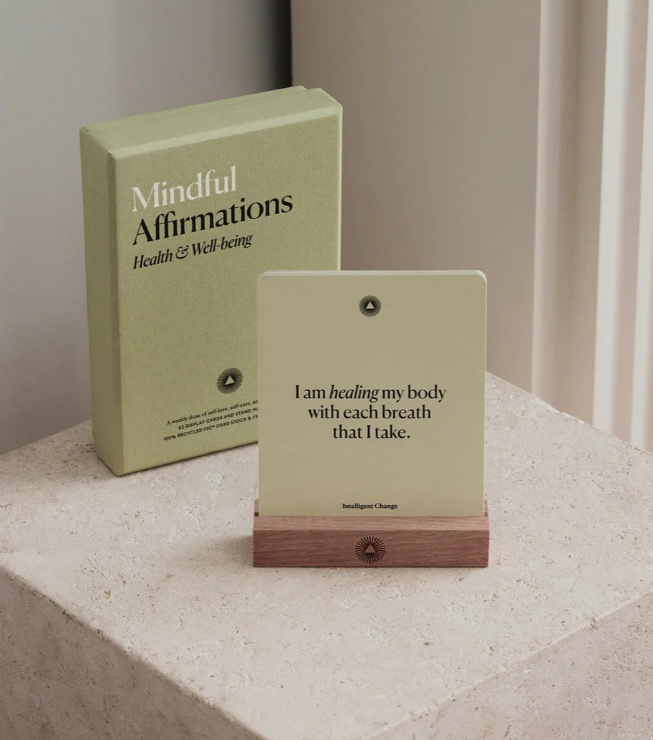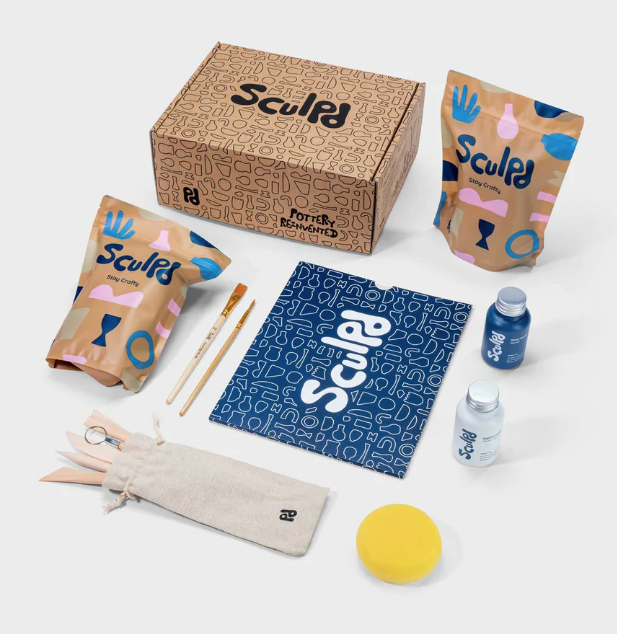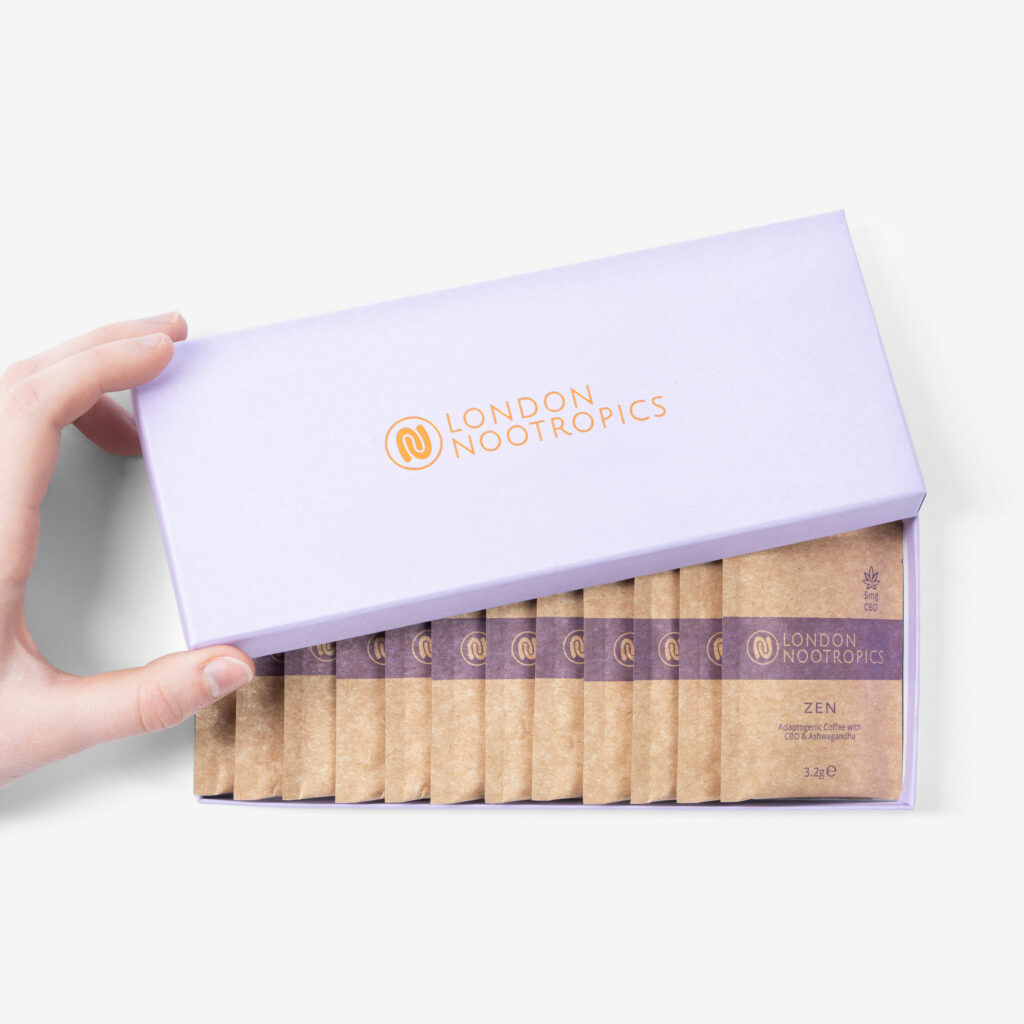In the realm of relationships, understanding love languages has become a valuable tool for enhancing connections and fostering deeper understanding between individuals. Originally introduced by Dr. Gary Chapman, the concept of love languages identifies five distinct ways people express and interpret love: Words of Affirmation, Acts of Service, Receiving Gifts, Quality Time, and Physical Touch. While these languages are commonly associated with romantic relationships (and can greatly improve your connection with your partner), they can also offer profound insights into how individuals can show themselves love through tailored self-care practices.
By aligning self-care practices with your specific love language, you can create a personalized and effective self-love routine. Whichever love language you have a particular affinity with, acknowledging and catering to your unique needs can lead to a more fulfilling and harmonious relationship with yourself.
Words of Affirmation
Individuals whose primary love language is Words of Affirmation thrive on verbal expressions of love and appreciation. They find profound significance in spoken words that affirm their value, validate their efforts, and communicate genuine admiration.
Positive Affirmation Journaling: Dedicate a few minutes each day to write down positive affirmations about yourself. Focus on your strengths, achievements, and things you love about yourself.
Self-Love Mantras: Create a list of self-love mantras or affirmations. Repeat them to yourself daily, especially during challenging moments, to boost your confidence and self-worth. You could even try creating a vision board displaying your affirmations along with goals and images that inspire you.
Gratitude Letters to Yourself: Write letters expressing gratitude to yourself for the things you’ve accomplished and the qualities you admire. Revisit these letters when you need a reminder of your worth.
Acts of Service
For those who appreciate Acts of Service, taking care of oneself may involve a proactive approach to personal well-being. Engaging in acts that enhance physical, emotional, or mental health becomes a deliberate expression of self-love.
Personalized Self-Care Routine: Develop a self-care checklist with activities that contribute to your well-being, such as exercising, meal planning, and practising mindfulness. Complete these tasks regularly to care for yourself.
Organizational Time: Dedicate a day to declutter and organize your living space. A tidy environment can have a positive impact on your mental well-being and provide a sense of accomplishment.
Healthy Habit Building: Identify a healthy habit you’d like to adopt, such as drinking more water or getting sufficient sleep. Treat the development of these habits as acts of service to your overall health.
Receiving Gifts
Individuals who resonate with the love language of Receiving Gifts find joy in thoughtful and meaningful presents. Beyond material possessions, these individuals perceive gifts as symbolic tokens of affection and care, emphasizing the emotional connection embedded within each gesture.
Personal Treats: Gift yourself small items that bring joy, such as a new book, a scented candle, or some lovely skincare. These small, thoughtful gifts can be a tangible expression of self-love.
DIY Creations: Engage in creative activities to make personalized gifts for yourself, such as crafting, painting, or cooking a special meal. The process of creating can be a fulfilling gift in itself.
Subscription Services: Treat yourself to a subscription service that aligns with your interests, whether it’s a beauty box, book club, or a monthly snack delivery. It’s a consistent way to receive surprises and show yourself appreciation.
Quality Time
Quality Time enthusiasts value undivided attention and meaningful interactions. Incorporating this love language into self-care might involve dedicating uninterrupted time to activities that bring joy and fulfilment.
Mindful Moments: Schedule regular moments of mindfulness, whether through meditation, deep breathing exercises, or simply sitting in a quiet space. Use this time to reconnect with yourself. Apps like Headspace are a great place to start for meditation newbies.
Hobby Exploration: Dedicate time to activities you love, whether it’s reading, painting, or committing to learning a whole new skill. Engaging in hobbies allows you to immerse yourself in enjoyable experiences.
Nature Walks or Solo Outings: Spend quality time alone outdoors. Take a nature walk, visit a museum, or explore a new place to foster a deeper connection with yourself.
Physical Touch
Physical Touch as a love language emphasizes the power of physical connection and intimacy. While this may be traditionally associated with relationships, applying it to self-care can involve practices that promote physical well-being and comfort.
Self-Massage or Relaxation Techniques: Learn simple self-massage techniques or practice relaxation exercises to nurture your body. Reflexology is a great way to learn self-massage or why not try tapping as a way to relieve stress and improve your mental health? Of course, there’s always the option to treat yourself to a spa treatment as a form of self-love and physical touch.
Warm Baths or Showers: Take soothing baths with calming scents or enjoy long, relaxing showers. The sensation of warm water on your skin can be a comforting form of self-care.
Yoga or Stretching: Engage in gentle yoga or stretching routines to promote physical well-being. Pay attention to your body’s needs and provide the nurturing touch it craves. This can be done as your wind-down routine before bed or you could tune into a youtube video on your lunch break to ease stiff, tight muscles.





























